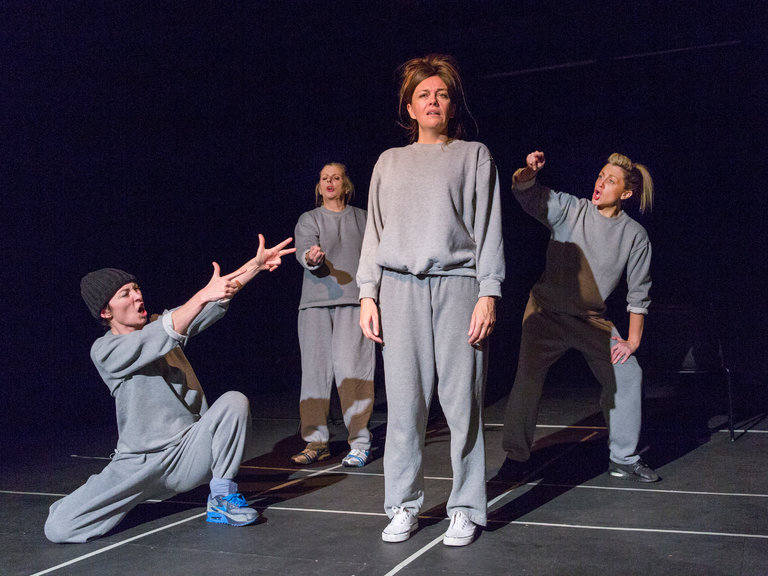Young people in the criminal justice system – how can the arts respond?
First Class Legacy’s Nathan Dennis shares his highlights from the National Criminal Justice Arts Alliance annual conference 2019.
It’s amazing what happens when you take the time out to stop, reflect, breathe in and breathe out. What a brilliant event at Birmingham’s Crescent Theatre with the National Criminal Justice Arts Alliance – a powerful day of discussion and exploration of how the arts could be used to effectively engage young people at risk or with experience of the criminal justice system. It was refreshing to have an environment where young people and practitioners were in a space together to have a dialogue around effective solutions.
One of the highlights for me was the performance by Intermission Youth Theatre, who did a modern day take on William Shakespeare’s Romeo and Juliet. They used current street culture and issues of gang rivalry in a modern expression, connecting this to the story and the conflict that the Montagues and Capulets went through. It was very clear from the panel discussion after the production that young people have the solutions. My question is: are we, as practitioners, listening?
The arts can play a major role in bringing forth solutions that are going to be engaging, relevant and impactful. One of the themes powerful throughout the day was the notion of using strong and relatable role models to help change the negative narrative often portrayed in mainstream media.
I feel we have an opportunity to do something different, but are policymakers and commissioners, such as Arts Council England and our prison and probation services, ready to commit to trying something new? The gatekeepers of resources need to be willing and brave enough to commission new and diverse organisations, with fresh new approaches and a unique lens on some of the issues faced by young people.
I personally would welcome continued conversations with some of the amazing organisations and people that attended the conference. It was refreshing to feel the energy in the room and such a willingness to change. With the UK going through worrying rates of knife crime and youth violence, I feel the arts have a role to play as a therapeutic tool to engage young people. It can help them unpack their emotions, identity, passion and purpose; using tools such as creative writing, poetry, spoken word, music and drama as a way to express oneself and use arts to tell their story in an authentic way.
As a behaviour change consultant that actively works with many organisations to help them think differently around how they engage new and diverse communities, I fully endorse the arts as a real, practical tool to bring about change in challenging times.
See all the photographs and tweets from the conference and read a summary of the panel discussions, workshops and performances here
Image: NCJAA annual conference 2019, credit Elijah Thompson






